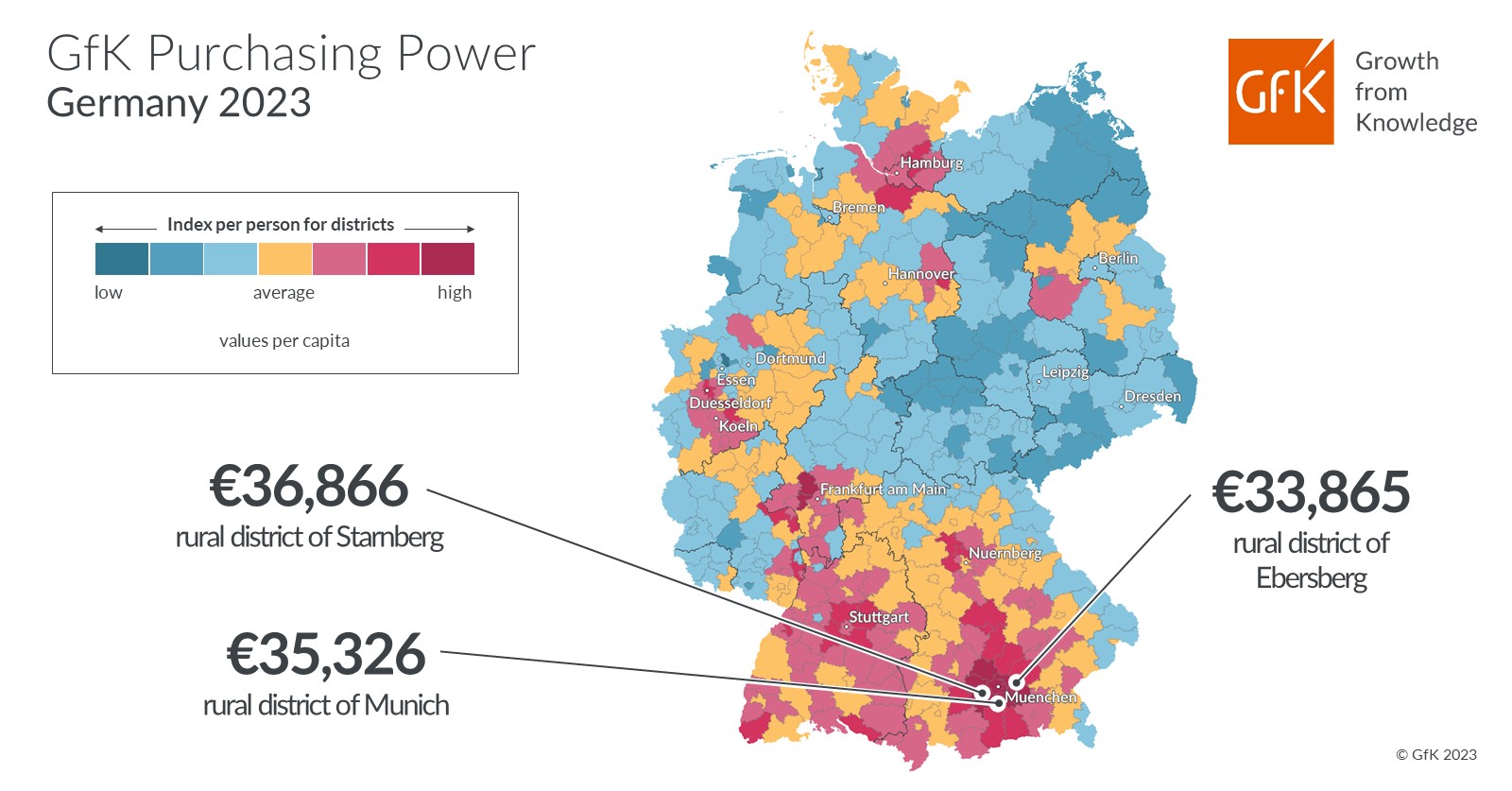Study aboard in Germany to study railway engineering
Wherever you study, it can be beneficial, but it is even better if you have the opportunity to study at a leading vocational training institution. Germany is a country with a developed scientific and technical education system, so when you study railway engineering in Germany, you will have the chance to be exposed to more advanced technologies. To learn more about this profession, let’s explore the study abroad program for railway engineering in Germany together.
Introduction to Railway Engineering in Germany
With the development of society, Germany has gained popularity among people. The transportation system in Germany is highly developed, with various modes of transportation, and railways are a major mode of transportation for the people. Due to high demand but a shortage of skilled labor, Germany recruits international students to fill the gap.
When you study railway engineering in Germany, you will have the opportunity to study at specialized institutions that focus on transportation and logistics. In addition to classroom learning, you will also have practical training. Through this combination, you will quickly gain valuable experience to prepare for your future career.
In the field of railway engineering, you will have the opportunity to be trained in various professions, such as train drivers, railway station operations, train scheduling, and more. With this diversity, students will have the chance to work in different positions within various transportation and logistics organizations.

Eligibility Criteria for Railway Engineering in Germany
To determine if you are truly suitable for this training program, let’s first take a look at the admission requirements for studying railway engineering in Germany.
- Both males and females between the ages of 18 and 45 are eligible.
- Completion of high school or higher education.
- Possession of a train driving certificate.
- Good health without any infectious or communicable diseases.
- No criminal record.
- German language proficiency at A2 level or higher.
Benefits for Students Studying Railway Engineering Abroad in Germany
After reviewing the admission requirements for studying in Germany, you can assess your eligibility. If you meet the requirements, let’s explore the benefits you will receive when studying railway engineering in Germany.
The German government sponsors vocational training costs
Professions in Germany are often fully funded by the government, meaning you can study without paying any tuition fees throughout the program. The duration of the program varies depending on the course and institution, typically lasting either 3 years or 3.5 years. Ultimately, you only need to worry about your monthly living expenses, as you won’t have to pay any tuition fees.
Earn while you learn
Your time in Germany won’t be solely dedicated to studying; you’ll also have the opportunity to work. The purpose of working is to gain additional experience. In the first year, the average monthly income from work is around 800 EUR. If you progress to higher levels of study, this amount can increase even further. The German government allows for up to 10 hours of work per week, with an hourly wage ranging from 16 to 19 euros.
Professional learning environment
When you join a program in Germany, particularly in railway engineering, you will study in a highly professional environment. Foreigners are expected to adhere to punctuality and the established rules. Therefore, the teaching process here follows these principles, ensuring the utmost professionalism. Additionally, modern equipment will provide you access to the latest advancements you may have never encountered before.
Study abroad process for railway engineering in Germany
To embark on your study journey, you need to follow certain steps. Let’s take a look at the process of studying railway engineering in Germany.
- Firstly, you must obtain a German language certificate before you can study in Germany. This year’s requirement is a German language certificate at the A2 level, rather than B1 as in previous years. Therefore, you can quickly pursue your studies in Germany.
- Once you have prepared all the necessary documents, you will attend an interview. If you pass, you will proceed to move to Germany within the specified timeline.
- If you arrive in Germany without a German language certificate at the B2 level, you will have to participate in a language course for a period of 6 months or more, depending on whether you pass the course.
- Upon obtaining a B2 level German language certificate, the official vocational training in railway engineering in Germany will commence, combining theoretical and practical training.
- Upon completion of the program, you are free to apply for jobs in Germany and enjoy a salary commensurate with the specific workplace.
Now you have all the information about railway engineering in Germany. What’s your next step? Choose a reputable study abroad consultancy to quickly make your way to Germany. HHD Academy is delighted to provide guidance and consultation for you.










